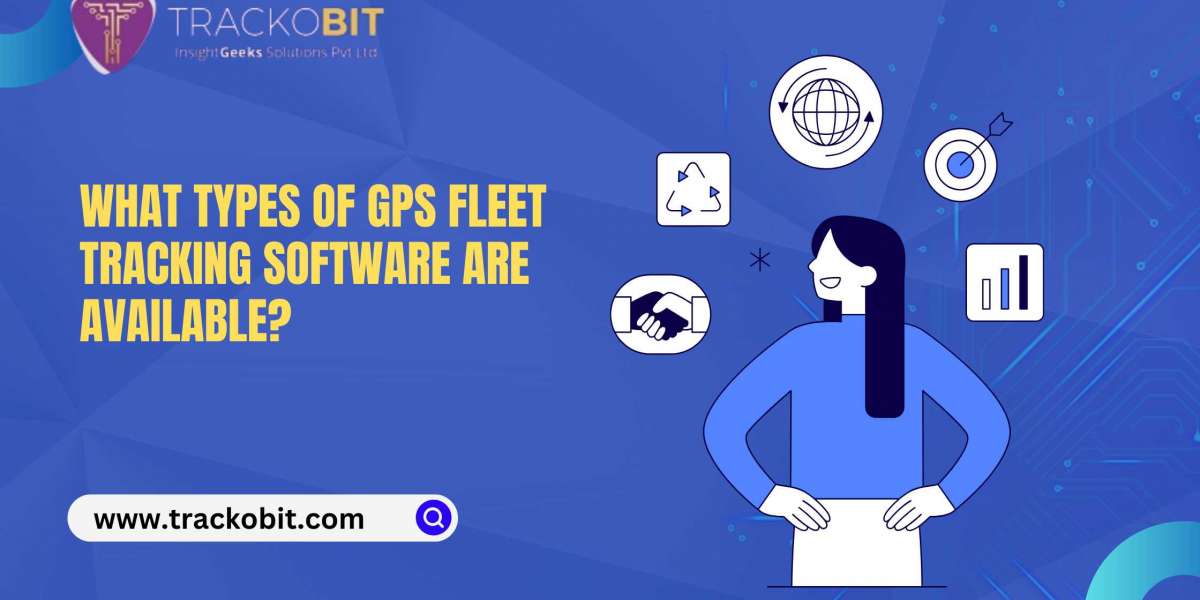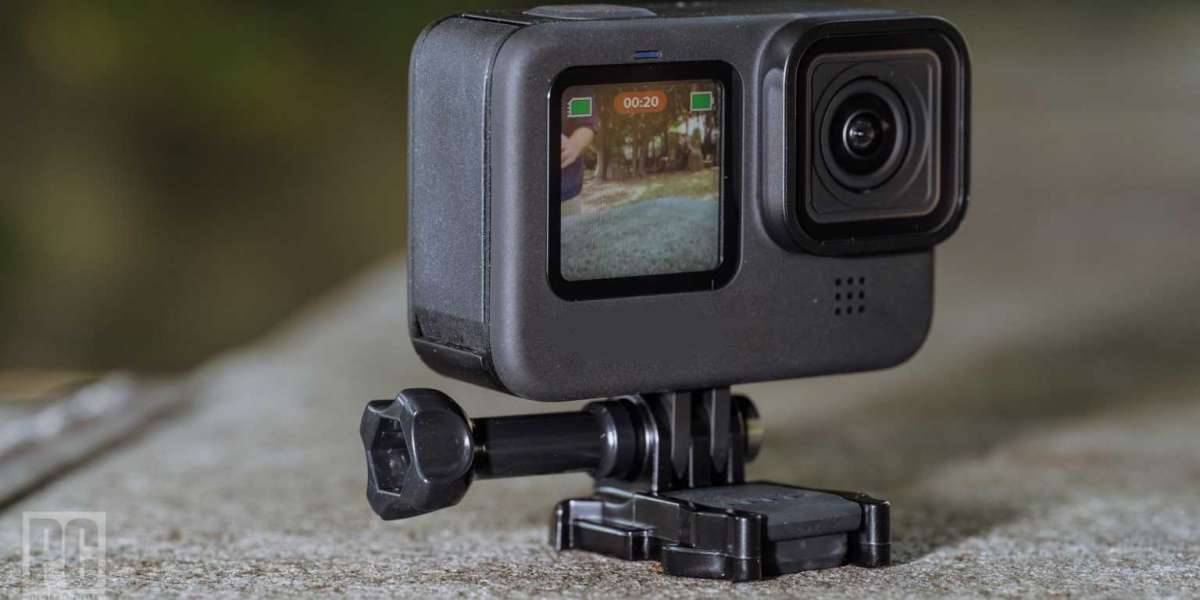Fleet management software is one of the best trends and practices to exist. How? Because it gives organizational executives the resources to monitor and organize the vehicle fleet.
At the same time, the GPS fleet tracking software possesses many more features and functionalities to enhance their work. For instance, it can easily create optimal routes, decrease driving time, and provide information about fuel and maintenance requirements, etc.
What is GPS Fleet Tracking Solutions?
A GPS Fleet Tracking Solution is a system that helps you with the management and tracking of the position of your vehicles. These software operate through the interface of the fleet management software and the in-vehicle telematics. It results in the system being capable of collecting information on both vehicles and drivers.
GPS and telematics send data or information automatically to fleet tracking software. This cycle ends in providing the managers with data and information that they need and want to operate on.
This information includes the live location of the vehicle, engine status, driving hours, speed, idling hours, etc.
Types of GPS Tracking Solutions
Fleet management needs are different and Best GPS Fleet Tracking Solutions assist in displaying crucial information in the areas of operations, safety, and costs.
- Active Vehicle Tracking Solution
Active Vehicle Tracking Systems are those vehicle tracking systems where devices are installed in a vehicle to collect and transmit data from the vehicle in real time. It stores the data in a central server, which may be accessed via software.
Such systems typically include mounting a device either within or on the vehicle, and connecting it to a source of power, connecting to a cellular technology for data transmission.
- Passive Vehicle Tracking Solution
Passive vehicle tracking systems comprise those vehicle tracking systems that use GPS to track the locations of vehicles.
But, it does not give you the option to track vehicles in real time. As the name suggests, it can help you to review information with history playbacks.
Once the GPS trackers are installed in the automobiles and connected to the computer, users can see what is on the computer
- OBD Tracking Solution
OBD trackers are connected directly to the onboard diagnostic port of the vehicle usually referred to as OBD-II port. For instance, such installation does not require technical expertise and thus enables users to monitor the working conditions of a vehicle.
It also gives data on its overall state, live tracking, analyzing engine operations, fuel consumption, and even if there are any errors within the system. Thus, it would be appropriate for fleet tracking to monitor its performance and maintainability easily.
- Wired Tracking Solution
They are directly connected to the vehicle’s electric wires and hence receive power supply continually and aid tracking effectively.
There are many features that are available including but not limited to real-time tracking, alerts on tampering, ignition status, and trip logs. Wired trackers on the other hand are ideal for fleet tracking over a long term and come with the added advantage of having a permanent fix.
- Battery-Powered Solution
Unlike wired trackers, wireless trackers come in a portable battery-powered format that is ideal for the assets that may not be in the direct line of power supply but need tracking all the same, including trailers, containers, and equipment.
It features a long battery, the ability to track in real-time, motion detection, and geofencing. However, because of their portability and easy installation, battery-powered trackers are suitable for assets that may not move very often or for assets that do not have an onboard power source.
- Satellite Powered Solutions
The use of satellite trackers is normally recommended within a fleet when you are working from areas with poor or no cellular connections.
These tracking capabilities in these regions include the following such as global coverage, real-time tracking, SOS alerts, and long battery life. Telematics solution also ensures that the fleets that run in the remote are well connected to operate and function.
- Dash Cam Tracking Solutions
Dash cam trackers combine video telematics and GPS tracking. It monitors drivers in real time and managers can access the live video streaming on the dashboard.
These trackers include video proofs of driving occurrences coupled with a tracking of the current location in real-time. It makes the vehicle safer by improving the training of drivers more so using the actual footage.
- Personal GPS Tracking Solutions
The systems are simple and for individual use, something that will allow monitoring of employees working away from the central office.
They provide safety and productivity for the field workforce where features include real-time location tracking, an SOS alert button, two-way communication, geofencing, and many more. Software such as Navilap assists in the providing protection of field employees, better control of tasks, and promotes effective communication between the office and the field staff.
Before You Go!
For fleet managers who oversee multiple vehicles, GPS fleet tracking software is what will serve their needs.
This system gives you information about where the vehicles are at any time. You also can make more accurate estimations of customer arrival or pick-up time and enhance the actual security of the vehicles.
But when coupled with GPS tracking software such as TrackoBit, it will become an advanced software with new generation technology.
Source: What Types of GPS Fleet Tracking Software are Available?







